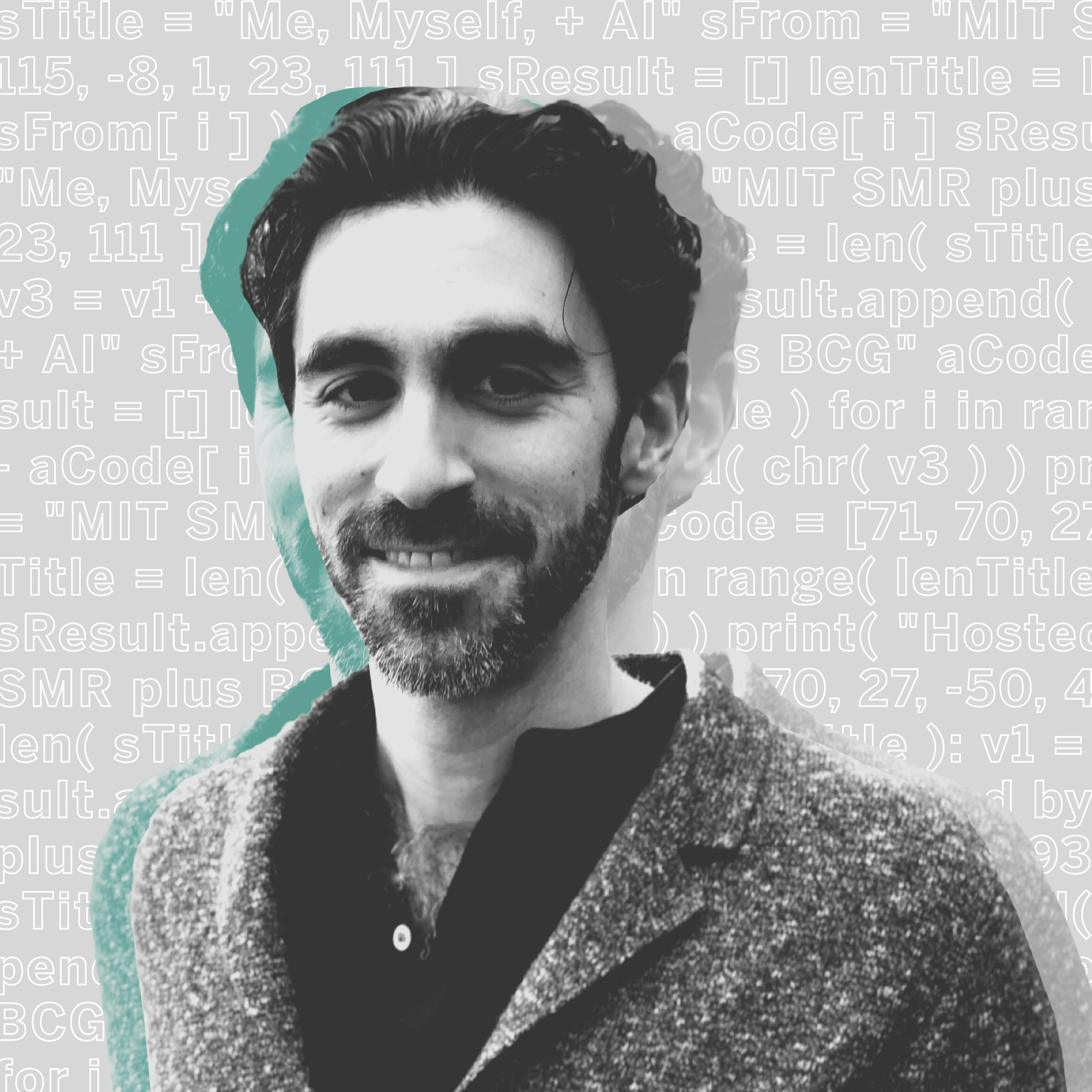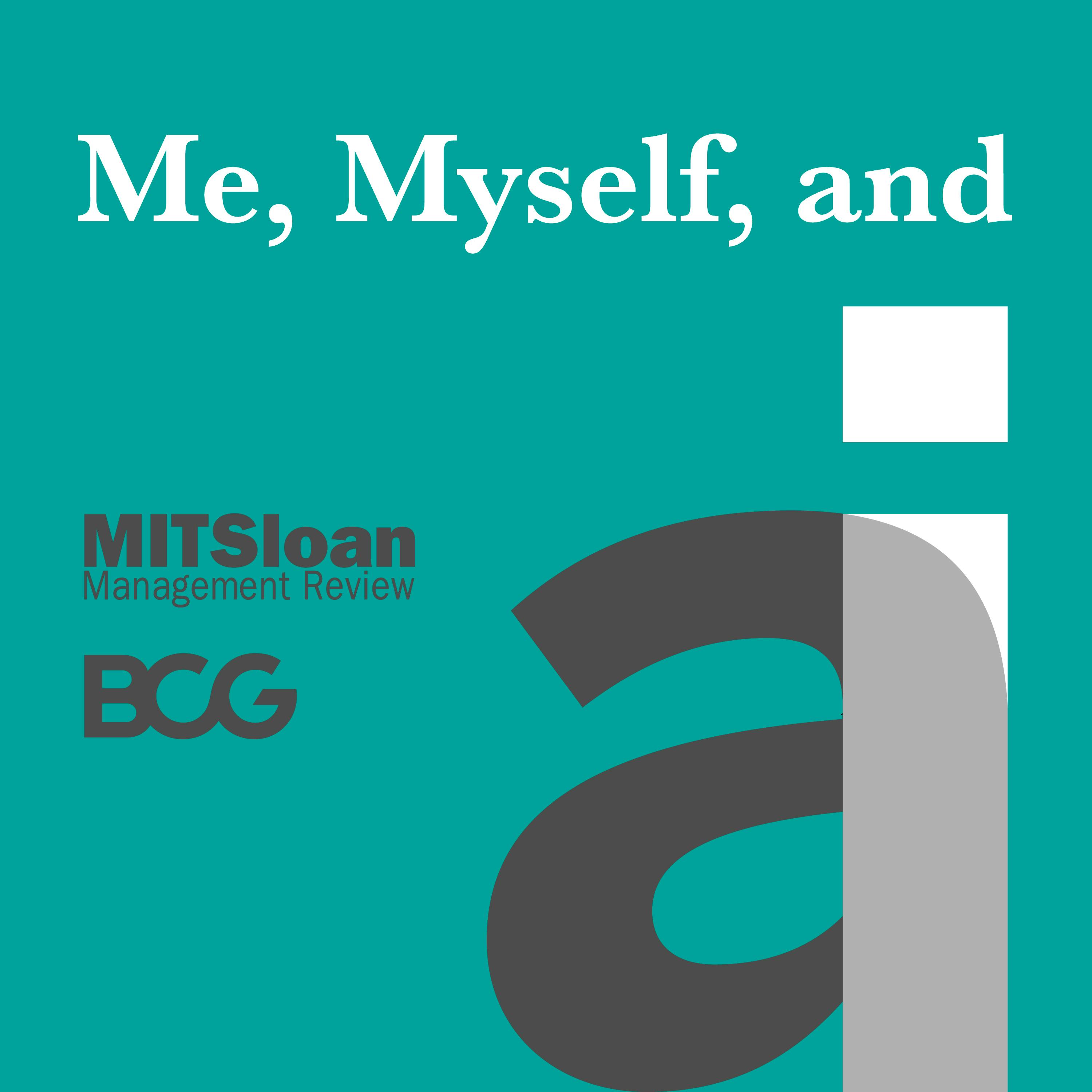
Helping Doctors Make Better Decisions With Data: UC Berkeley's Ziad Obermeyer

Me, Myself, and AI
Deep Dive
Shownotes Transcript
When Ziad Obermeyer was a resident in an emergency medicine program, he found himself lying awake at night worrying about the complex elements of patient diagnoses that physicians could miss. He subsequently found his way to data science and research and has since coauthored numerous papers on algorithmic bias and the use of AI and machine learning in predictive analytics in health care.
Ziad joins Sam and Shervin to talk about his career trajectory and highlight some of the potentially breakthrough research he has conducted that’s aimed at preventing death from cardiac events, preventing Alzheimer’s disease, and treating other acute and chronic conditions. Read the episode transcript here).
For more about Ziad: http://ziadobermeyer.com/research)
Nightingale Open Science: https://www.nightingalescience.org/)
Dandelion Health: https://dandelionhealth.ai/)
*Me, Myself, and AI *is a collaborative podcast from MIT Sloan Management Review and Boston Consulting Group and is hosted by Sam Ransbotham and Shervin Khodabandeh. Our engineer is David Lishansky, and the coordinating producers are Allison Ryder and Sophie Rüdinger.
Stay in touch with us by joining our LinkedIn group, AI for Leaders at mitsmr.com/AIforLeaders) or by following Me, Myself, and AI on LinkedIn).
Guest bio:
Dr. Ziad Obermeyer works at the intersection of machine learning and health. He is an associate professor and the Blue Cross of California Distinguished Professor at the University of California, Berkeley; a Chan Zuckerberg Biohub Investigator; and a faculty research fellow at the National Bureau of Economic Research. His papers have appeared in a wide range of journals, including Science, Nature Medicine, and The New England Journal of Medicine; his work on algorithmic bias is frequently cited in the public debate about artificial intelligence. He is a cofounder of Nightingale Open Science, a nonprofit that makes massive new medical imaging data sets available for research, and Dandelion, a platform for AI innovation in health. Obermeyer continues to practice emergency medicine in underserved communities.
We encourage you to rate and review our show. Your comments may be used in Me, Myself, and AI materials.
We want to know how you feel about Me, Myself, and AI. Please take a short, two-question survey).